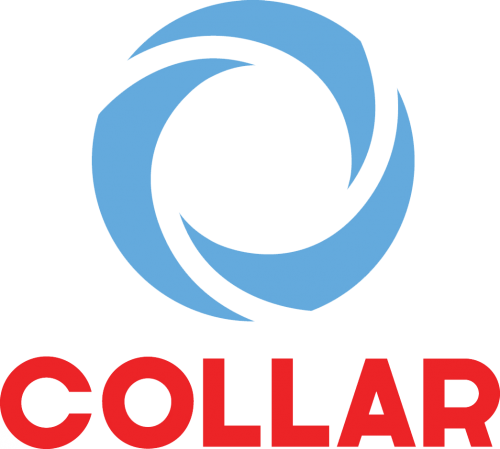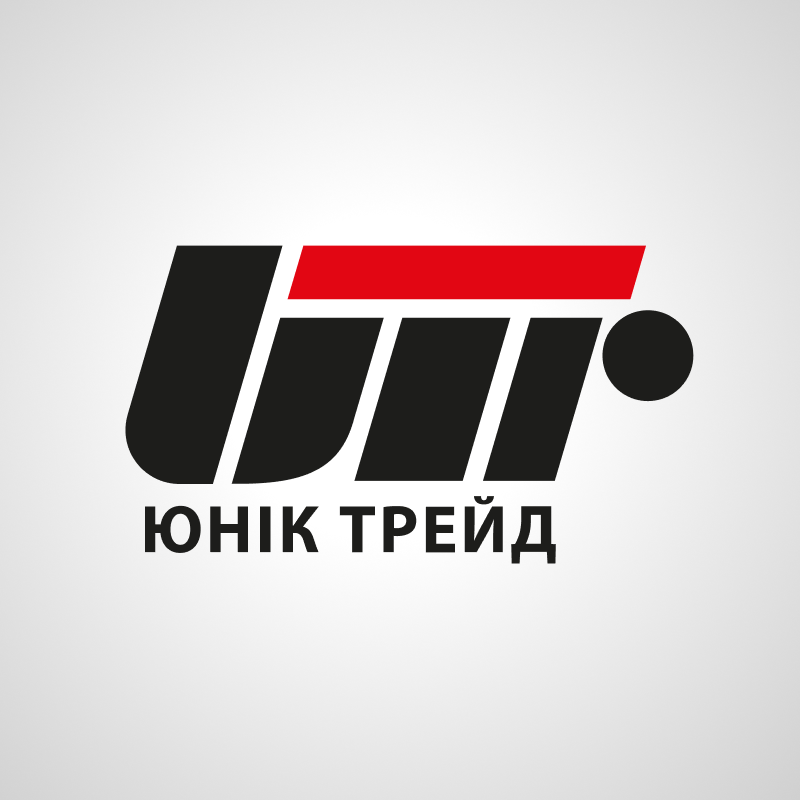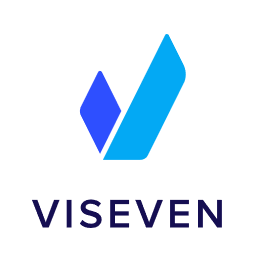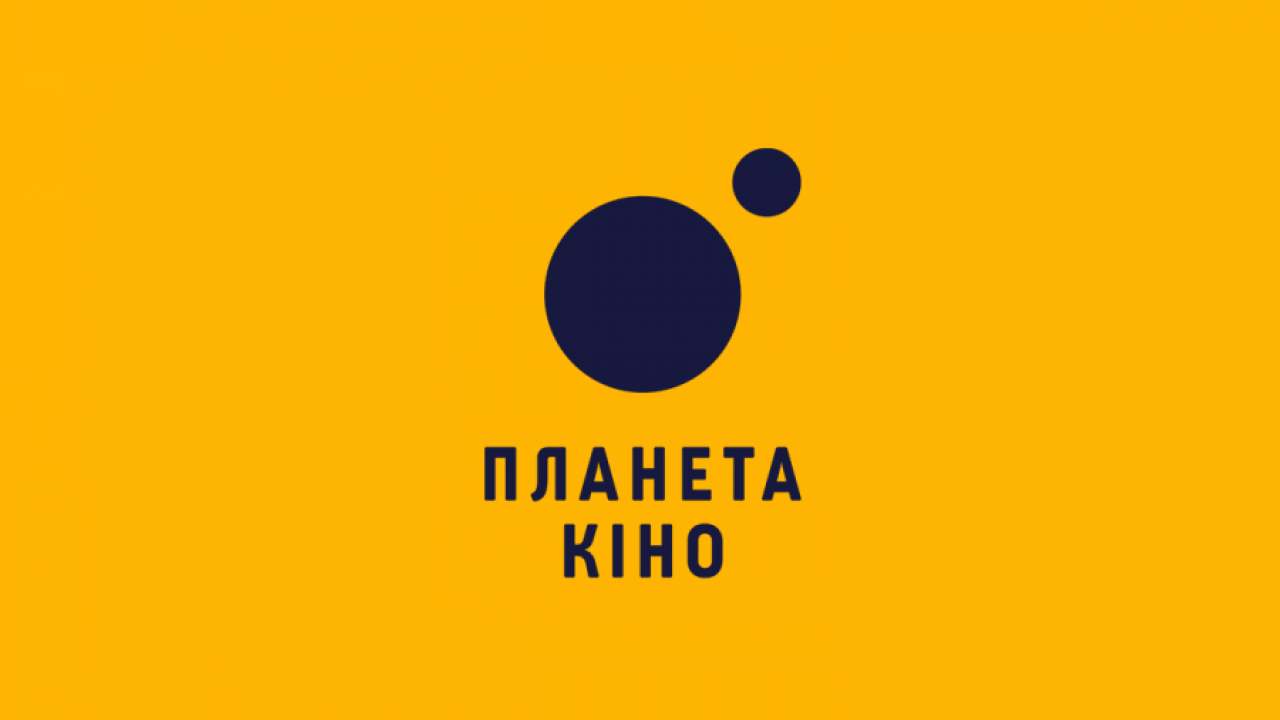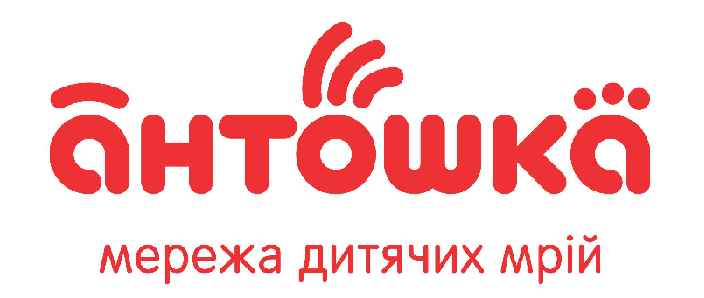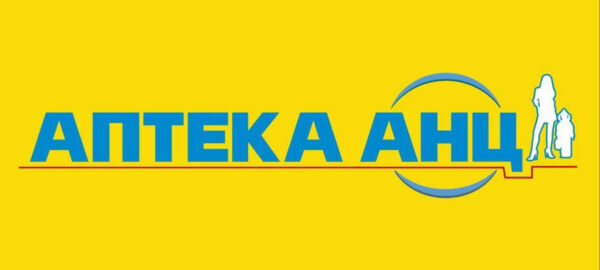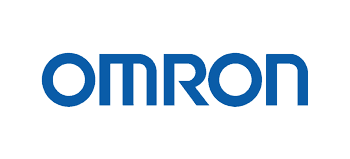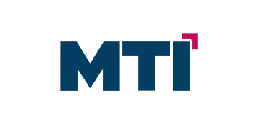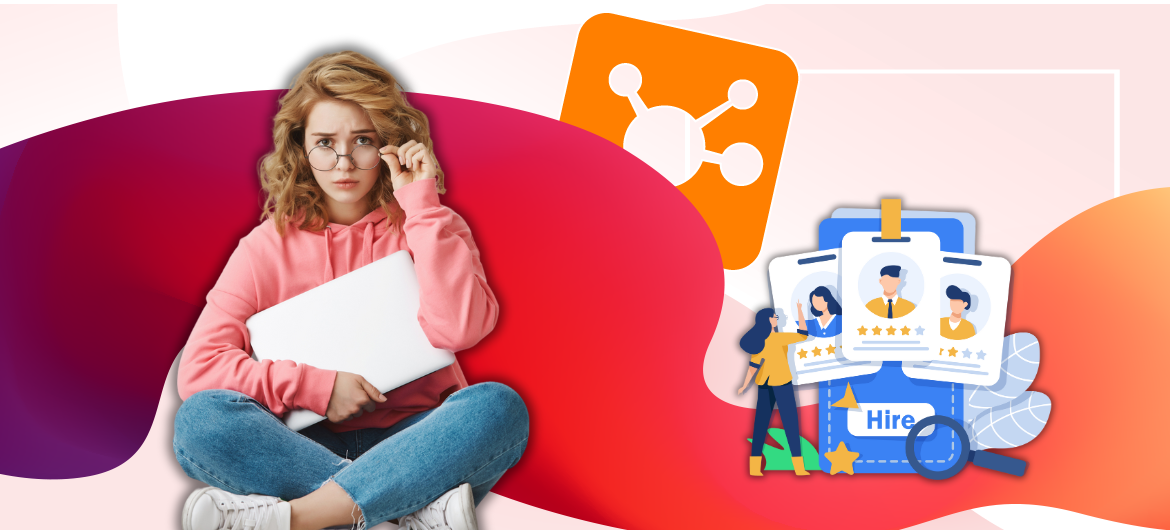
From staff shortage to talent pool: how LMS helps to grow talent within the company
Today, almost every business is experiencing a staff shortage. It seems as if there are simply no specialists available – vacancies remain open for months, and the selection of candidates resembles an endless competition. Most companies focus on active external recruitment. But what if the key to the solution has been around for a long time? In your teams?
Instead of an exhausting search for talent, invest in developing people from within. Create a system that will help you grow your own specialists – loyal, adapted to your processes, motivated to grow with the company.
Some Ukrainian companies have already chosen this path. They are transforming the staff shortage into an opportunity for strategic growth.
We will tell you how exactly.
Why staff shortage is the No. 1 challenge for business
The shortage of qualified personnel has a significant impact on business efficiency and development. Companies are forced to postpone the launch of strategic projects, reduce their scaling plans, and invest significant resources in recruiting.
At the operational level, this problem is manifested in a decrease in the productivity of existing teams. Employees often take on additional workloads, performing the functions of missing specialists. In the long run, this leads to professional burnout and loss of key talent.
The scale of the problem is confirmed by the data of the Ukrainian labor market survey by robota.ua: 75.1% of employers surveyed noted the shortage of qualified personnel as the main HR challenge.
How is business trying to solve this problem? Here are the main strategies that Ukrainian companies are already using to overcome the staff shortage:

The infographic was created based on data from the robota.ua survey.
The most popular strategy is employee retraining – this method is used by more than half of the surveyed companies. And this is no accident.
When the market is unable to provide a business with ready-made specialists, a strategic solution is to grow your own talent. Companies that invest in internal staff training get more than just employees. They form a team of loyal, adapted to the corporate culture specialists who develop in sync with business needs and are able to grow with the company.
How internal corporate learning can help solve the problem of staff shortages
A systematic approach to internal training creates the foundation for long-term personnel stability. By implementing structured development programs, companies build a strong internal talent pool that is ready to fill critical positions at the right time.
Corporate learning also significantly expands the professional range of employees. Employees with flexible skills become versatile specialists who can work effectively in different roles and projects, which helps the company adapt to changing business needs.
Benefits of growing your own talent versus outsourcing:
📉Economic efficiency. The cost of training and development of existing employees is lower than the cost of recruiting, onboarding, and onboarding new employees.
❤️Strengthening loyalty. When a company invests in the professional development of its employees, it demonstrates a long-term interest in their growth. Employees feel valued and see career prospects, which significantly increases their engagement and reduces the risk of leaving.
🤝Preserving corporate culture. Employees who have grown up in the company better understand and share its values. They are deeply integrated into the corporate culture and are able to effectively transfer it to new colleagues.
⚡Quick adaptation to new roles. Internal candidates are already familiar with the company’s processes, products, and customer base. This allows them to achieve productivity in their new positions much faster than externally recruited specialists.
LMS as a tool for growing internal specialists
To build a corporate training system, you need more than just trainings – you need structure, analytics, and scalability.
Chaotic trainings and one-time training events without a clear system and measurable results will not be able to ensure sustainable staff development. This is where the LMS (Learning Management System) comes in.
What does an LMS offer to companies investing in staff development?
– control over the learning process,
– quick updating of materials to meet new needs,
– personalized learning paths,
– continuity of learning,
– transparent analytics on progress and results.
LMS transforms the approach to corporate training – from creating materials to strategic human capital development. It allows not only to “train” but also to systematically develop the company’s staff, build a strong talent pool, and train future managers and experts in line with the company’s long-term goals.
Real success stories: how Ukrainian companies grow their own talent
In the face of competition for qualified professionals, especially for senior positions, more and more Ukrainian companies are changing their approach to HR issues. Instead of searching for new employees for a long time, they are creating their own leadership training systems.
We share the success stories of two Ukrainian companies that are effectively overcoming the staff shortage through internal training.
Optima Hotels & Resorts is a hotel chain that grows its own managers
 Optima Hotels & Resorts has its own licensed training center. Most of the functions it performs are realized through online training on the LMS Collaborator platform.
Optima Hotels & Resorts has its own licensed training center. Most of the functions it performs are realized through online training on the LMS Collaborator platform.
When a company needs to fill top management positions, it first turns its attention to internal employees. Thanks to the capabilities of the LMS, the training team quickly creates individual training programs for each employee, combining existing materials for specific development needs. This system allows internal employees to effectively improve their skills and quickly advance to management positions in the Optima Hotels & Resorts chain.

Training of the Optima Hotels & Resorts talent pool
During the last implementation of the talent pool training course, the company managed to fill hotel management positions with internal candidates. Among them are a former restaurant manager, a chief network engineer and a security officer.
The company has also launched a 4-week retraining course for employees from various fields of activity. The training takes place in a blended format: employees learn the theory on the portal and then undergo the necessary practice in hotels under the mentorship of experienced mentors.
«Territory of Minimum Prices» – a multi-level system of management training
 The Territory of Minimum Prices shopping center chain has a comprehensive talent identification and development system in place. Candidates for the internal talent pool are selected with the participation of various stakeholders: direct managers (store directors or administrators), senior management (retail directors or store supervisors), specialized specialists from the central office and employees themselves who are seeking development.
The Territory of Minimum Prices shopping center chain has a comprehensive talent identification and development system in place. Candidates for the internal talent pool are selected with the participation of various stakeholders: direct managers (store directors or administrators), senior management (retail directors or store supervisors), specialized specialists from the central office and employees themselves who are seeking development.
The selection procedure includes testing, interviews with HR specialists and in-depth interviews with representatives of specialized departments. Not only the professional competencies of the candidates are assessed, but also their personal qualities.
The formation of an internal talent pool for line staff in the Minimum Price Territory takes place in two stages: “School of Commodity Expert” and “School of Administrator”.
The first stage of the School of Commodity Expert includes two mandatory introductory courses, 15 e-courses and screencasts that employees choose depending on the needs of a particular store. It also includes regular tests to check knowledge after each course.

“School of Commodity Expert” Territories of minimum prices
Upon successful completion of this stage, employees can continue their studies at the Administrator’s School. The Administrator’s School program combines theoretical training and practical classes. Employees study the theory on the platform, and practice their practical skills directly in the store with the support of their mentor.
Both success stories demonstrate that a well-designed internal training system opens the way for employees to grow in their careers, regardless of their initial specialization.
Do you want to implement such a system in your company?
LMS Collaborator will help you automate all learning processes, quickly create individual development trajectories, and effectively track the progress of each employee.
From staff shortage to talent pool: how to build an effective corporate training system
We have prepared a step-by-step strategy for creating an effective corporate training system that will help turn personnel challenges into strategic opportunities.
Step 1: Audit of current skills and competencies of the staff
Before implementing an internal training system, it is necessary to conduct a comprehensive audit of existing competencies and identify gaps in employee knowledge and skills. With LMS Collaborator, you can:
- Evaluate current competencies – use assessment tools to determine the level of knowledge and skills of specialists.
- Create detailed competency profiles for different positions – select the skills and competencies required for successful work in each position.
- Analyze the gaps between existing and required skills – based on the results of the survey, identify specific areas that need development.
- Identify employees with high development potential – identify talented professionals who demonstrate the ability to grow rapidly.

Competency-based assessment in LMS Collaborator
This stage allows us not only to identify which skills and competencies need to be developed, but also to identify specialists who are best suited for internal development programs and inclusion in the talent pool.
Step 2: Create learning paths for different roles
Based on the results of the audit, structured learning trajectories need to be formed. LMS Collaborator helps to build a clear development path for each employee:
- Create flexible learning trajectories with a clear sequence of steps – provide a logical structure for developing competencies from basic to advanced.
- Establish clear criteria for passing each stage of training – define specific performance indicators that are required to move to the next level.
- Set up automatic notifications and reminders – keep participants engaged throughout the learning process.
- Personalize development paths – adapt programs depending on the initial level of knowledge and target position of each employee.
Properly designed learning trajectories provide a structured approach to developing the necessary competencies and allow for objective monitoring of progress at each stage of learning.
Step 3: Set up analytics and track key learning metrics
To assess the effectiveness of training programs, you need to regularly analyze key indicators. LMS Collaborator offers advanced analytics capabilities:
- Detailed training progress reports – track the individual progress of each employee in real time.
- Participant engagement and activity analytics – assess the level of interest and interaction with training materials.
- Performance statistics by various parameters – analyze the results of tests and practical assignments by department, position, and other criteria.
This will allow us to promptly make adjustments to training programs, focus on the most effective approaches, and respond in a timely manner to changes in the company’s needs.
Step 4: Integrate learning with other HR processes
Maximum efficiency can be achieved by integrating corporate training with other HR processes of the company. With LMS Collaborator, training becomes part of the company’s overall HR strategy:
- Flexible integration with HRM systems – automate data exchange between HRM systems and the learning platform.
- Synchronization with career planning and talent management processes – link learning outcomes to career opportunities.
- Form a talent pool based on objective learning outcomes – use performance data to make decisions about promotions and rotations.

Example of LMS Collaborator reports
This will help to create a holistic staff development ecosystem where training is directly linked to career growth and increased employee motivation.
Conclusion
The staff shortage is not a sentence, but an opportunity to rethink the approach to talent management. Companies that implement a systematic approach to internal training gain a double advantage: they solve current staffing problems and build a stable foundation for future development.
The success stories of Optima Hotels & Resorts and Territory of Minimum Prices prove that internal training really works. It allows not only to quickly cover staffing needs, but also opens up new opportunities for career growth within the team. A key element of this process is a modern learning management system that provides structure, consistency, and measurable results.
LMS Collaborator has all the tools you need to build a full-fledged corporate training system, from competency audits to integration with HR processes.
Try LMS Collaborator today and learn how to create a powerful talent development system that will provide your business with qualified employees for years to come!
Investing in the development of your own talents is the most effective way to overcome the staff shortage in today’s environment!


